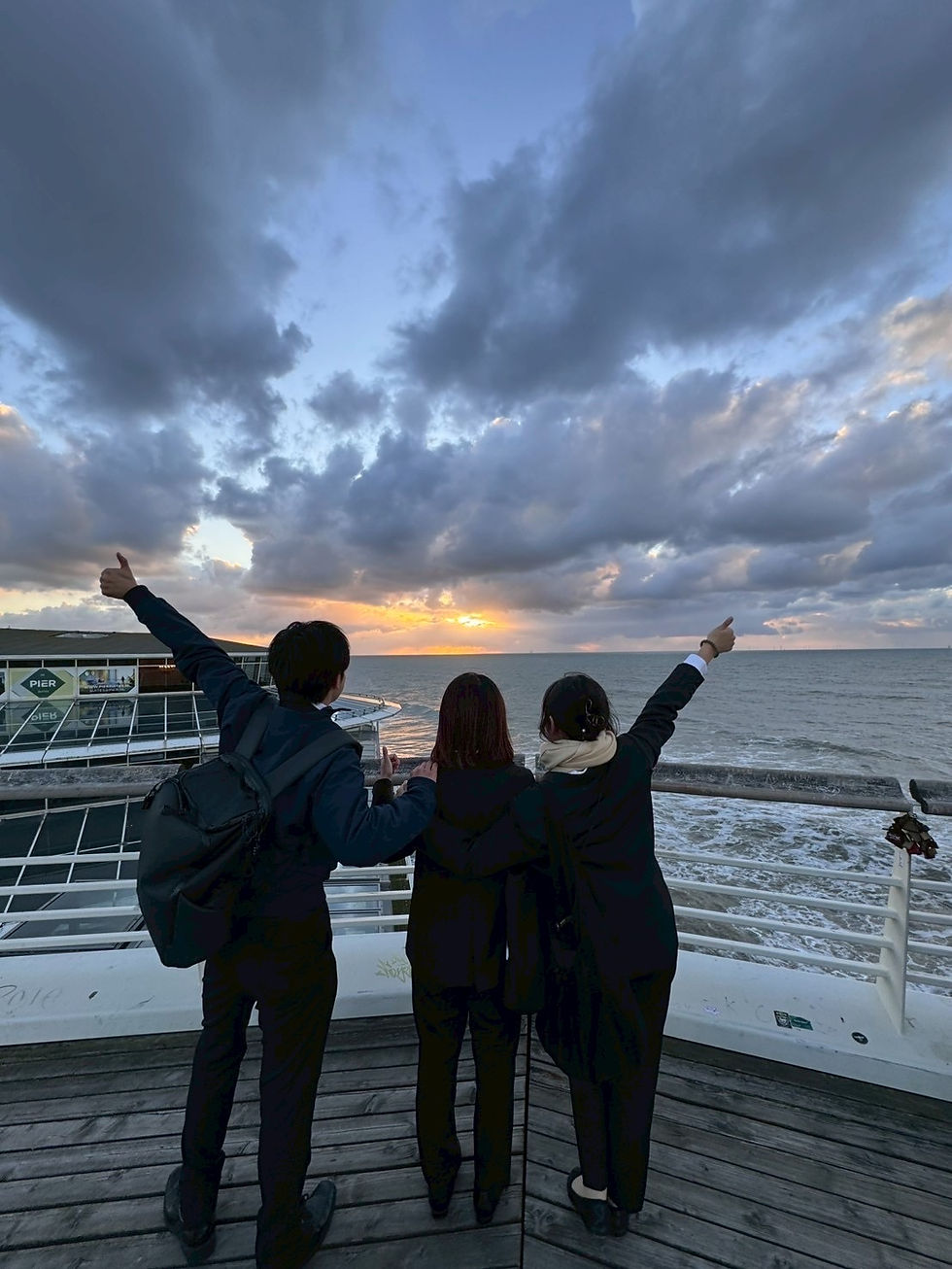The acceptance and support for refugees
- Administrator
- 2019年2月18日
- 読了時間: 2分
Reona Fukuhara (B2)
On January 19th and 20th 2019, I took part in the 39th Refugee Assistant Training Course which was organized by the Japan Association for Refugees (JAR). Around 100 people participated, and most of them have working experiences. This course has three goals; the understanding of “Japanese current condition and practice to refugee asylum”, “The role of civil society and NGO” and “International protection standard for refugees and relief activity.” In order to achieve these goals, this course provided opportunities to learn from lawyers, members of academia and refugees. Through this course, I was able to understand about the status of refugees from a lot of perspective. In this report, I would like to share what I learned.
On the first day, I learned about the international and Japanese protection standards for refugees. The instructor was Ms, Komai who has been involved in legal protection of refugees. This lecture mainly focused on the rate of refugee status determination and the problems with the legal system. According to UNHCR Global Trends, advanced countries, namely Germany, USA and France, accept refugees, and their rate of refugee status determination is from 17% to 40%. However, Japanese government formally recognizes only 20 refugees and its rate is 0.2%. This is because Japanese government imposes strict and complicated standards on refugees. Most refugees flee from their country with only the clothes on their back. It is hard for them to bring their identity card, such as a passport and an insurance card or evidences that show their refugee status. Also, most refugees have trauma. Ms, Komai pointed out this situation. It is easy to understand that the refugees who have trauma have some challenges to testify in court everything that they have experienced. She appealed for the necessity to imagine their mental situation.
On the second day, I learned about the social integration of refugees in Germany. In this lecture, we focused on how we treat refugees in our society. I was really impressed with the presence of mentors. Mentors are people who support refugees in a community, especially rural areas where they live. For example, mentors help refugees to learn languages, support their daily life, relate with the local people. It helps refugees. It is expected that refugees will contribute to the German society. This is a great model that we can incorporate into the Japanese refugee system. If there is a relationship between mentor and refugees, we would realize that the acceptance of refugee is not a burden on Japanese society.
Through this course, I found that there are a lot of issues regarding refugees. It might be difficult for us to change the legal system regarding refugees immediately. However, we can start by changing our attitude toward them. It depends on our awareness. I would like to learn about refugee protection more and be a mentor like those in Germany, so that one day we will be able to freely welcome refugees into our country with open arms.

(These are materials of this course. In the left side, you can see the flyer which advertises a charity event ( https://www.refugee.or.jp/event/2019/05/12-0000.shtml).
If you have an interest, please participate!)




コメント